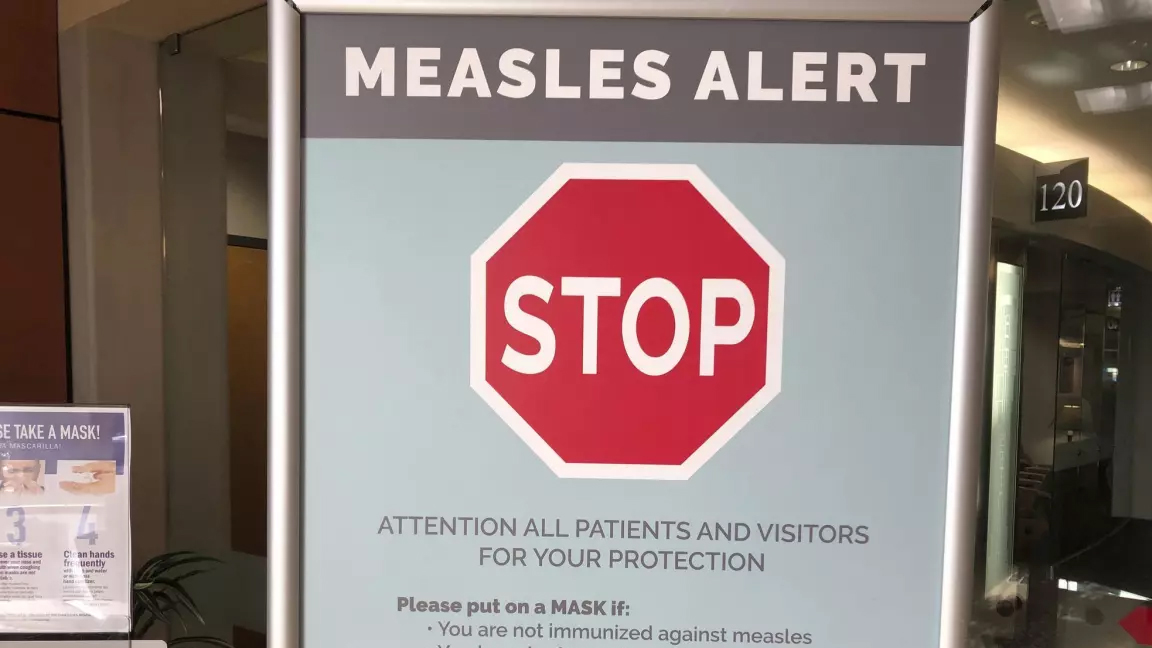The flu has arrived.
The Huron Perth Healthcare Alliance has declared an outbreak at the Clinton Hospital.
Two of four patients have tested positive for influenza and are being treated.
The unit where the patients are being treated has been closed to admissions and transfers and visitors are limited to only two per patient.
If you are visiting the hospital remember the best way to combat spreading the flu is to wash your hands and stay away if you’re not feeling well according to Infection Control Practitioner Larry Morrell, “With flu now starting to arrive in the Huron and Perth communities, we’d like to remind the public there are several things that can be done to protect yourself and others from contracting influenza.”
Morrell adds, “Get a flu shot, which is still available from your family doctor and local pharmacies; wash your hands often with soap and water or use an alcohol-based sanitizer; if you are not feeling well please stay home and rest; keep commonly touched surfaces clean and cough or sneeze into your sleeve.”
The HPHA will continue to monitor the outbreak and will update the public as needed.















